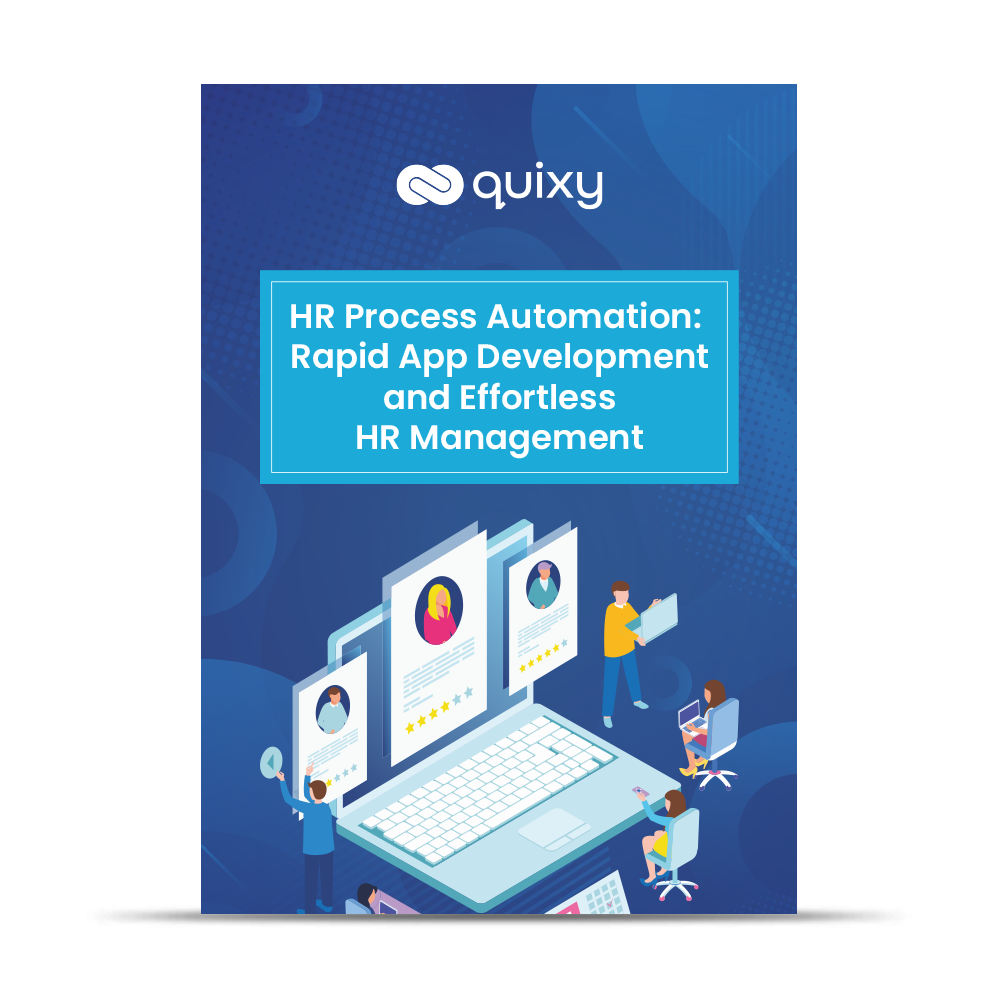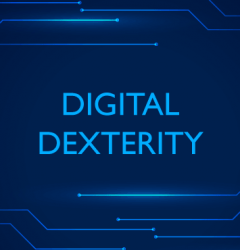
Employee engagement is the cornerstone of a thriving organization. Engaged employees drive productivity and job satisfaction and contribute to success.
This blog explores barriers to employee engagement and offers effective strategies to create a positive work culture and empower the workforce. Discover how to engage staff employees who are more likely to exceed expectations, experience higher job satisfaction, and wholeheartedly contribute to the growth and prosperity of their organization. Nonetheless, cultivating employee engagement is not without its challenges. Also , delve into practical strategies to surmount these obstacles.
Also Read: Employee Management App: The Ultimate Guide to Empower Your Team
Identifying Barriers to Employee Engagement
Employee engagement has become vital in achieving organizational success, driving productivity, and fostering a positive work environment. However, despite its importance, many organizations encounter barriers that hinder their efforts to boost engagement levels. Here, we will explore these challenges in-depth and provide effective strategies to overcome them.
1. Communication Breakdowns
Effective communication is a cornerstone of employee engagement. A lack of clear and transparent communication channels often leads to misunderstandings and disengagement. To address this challenge, organizations must implement open-door policies, conduct regular team meetings, and provide platforms for feedback, ensuring that communication is seamless and fosters a two-way dialogue.
2. Lack of Recognition and Rewards
Employees who feel undervalued due to lacking recognition and rewards may experience demotivation and diminished engagement. Organizations must acknowledge and appreciate the contributions of their workforce through meaningful recognition programs that celebrate achievements and incentivize exceptional performance.
3. Limited Growth and Development Opportunities
Stagnation and lack of advancement opportunities can lead to employee disengagement. Encouraging a culture of continuous learning & providing avenues for career growth through mentorship programs and skill enhancement initiatives are instrumental in elevating engagement levels.
Also Read: Using No-Code for Higher Employee Engagement in the Workplace
4. Work-Life Balance and Well-being
An imbalanced work-life equation can result in burnout and decreased employee engagement. Prioritizing employee well-being & offering flexible work arrangements are crucial in cultivating a supportive environment that promotes a harmonious integration of work and personal life.

5. Leadership and Managerial Support
The role of leaders and managers is pivotal in shaping employee engagement. Training and support to equip managers with the skills to engage their teams effectively fosters a positive work environment and strengthens the employee-manager relationship.
6. Creating a Positive and Inclusive Culture
A positive and inclusive culture is vital in boosting employee morale and commitment. Organizations must encourage open communication and collaboration and celebrate diversity to create an environment where employees feel valued, safe, and included.
7. Measuring and Monitoring Engagement
Organizations must measure and monitor employee engagement levels to address these challenges effectively. Regular surveys and feedback mechanisms serve as valuable tools in assessing the current state of engagement and identifying areas that require improvement.
Promising Strategies for Enhancing Employee Engagement
Discover effective strategies to boost employee engagement and create a more motivated and productive workforce in this insightful blog. Unleash the potential of your organization today!
1. Representative Volunteer Programs
Empowering employees to participate in volunteer activities fosters a sense of purpose and community. Organizing company-sponsored volunteer events further strengthens bonds among employees and generates a positive impact on society.
2. Inner Mentorship Programs
Establishing formal mentorship programs allows senior employees to guide and support junior colleagues in their career advancement. Mentors offer invaluable insights and help mentees navigate professional challenges, cultivating a culture of continuous learning.
3. Well-being Holidays
Offering well-being holidays allows employees to recharge and maintain their overall well-being. Providing necessary support and resources ensures a seamless return to work after rejuvenating breaks.
4. Gamification within the Work Environment
Implementing gamification strategies can boost employee engagement and motivation. Interactive games and challenges promote collaboration, problem-solving skills, and healthy competition.
Watch: Employee Self-Service & Automation with Quixy
5. Learning and Improvement Hackathons
Organizing hackathons for collaborative innovation in training programs and learning solutions fosters creativity and teamwork while exploring new methods and technologies for enhanced learning experiences.

6. Employee Appreciation Experiences
Hosting unique events to express appreciation for employee contributions strengthens the bond between employees and the organization. Personalizing appreciation experiences based on individual preferences adds a heartfelt touch.
Empowering Employee Engagement with No-Code Development
No-code development has emerged as a powerful tool to enhance organisational employee engagement. By involving employees in the app creation process through intuitive and user-friendly platforms, no-code empowers them to take ownership of their projects and ideas. This increased involvement leads to a greater sense of purpose and alignment with organizational goals. Moreover, non-technical employees can actively contribute to app development, breaking down barriers and promoting cross-functional collaboration. No-code also streamlines processes, reducing work-related stress, and increasing job satisfaction. The ability to quickly create and modify applications fosters a more agile and responsive work environment, ultimately driving higher employee engagement and productivity levels.
Conclusion
Achieving exceptional employee engagement is an ongoing journey that demands dedication and commitment from organizations and their leaders. By recognizing and addressing the challenges outlined in this blog, organizations can pave the way for a more engaged and motivated workforce. Empowering employees through recognition, growth opportunities, and a supportive culture will drive organizational success and foster a thriving work environment. Together, “let us embark on this journey” to unlock the true potential of employee engagement and witness its transformative impact on organizations.
Frequently Asked Questions(FAQs)
Q. How to foster employee engagement effectively?
Organizations can foster employee engagement by promoting a positive work culture, encouraging open communication, recognizing achievements, and offering growth opportunities.
Q. What are the strategies to inspire & motivate employees?
Strategies to inspire and motivate employees include setting clear goals, providing meaningful work, offering flexibility, and acknowledging employees’ contributions.
Q. What is the role of communication in employee engagement?
Clear communication contributes to employee engagement by ensuring clarity of expectations, providing feedback, and fostering a sense of belonging.
Q. How to enhance engagement through employee development programs?
Employee development programs enhance engagement by offering skill-building opportunities, career advancement pathways, and mentorship programs.
Q. How to reward employees?
Innovative approaches for recognition and rewards include personalized incentives, peer-to-peer recognition, and creative appreciation gestures, which boost motivation and employee retention.
Login
Please login to comment
0 Comments
Oldest
















